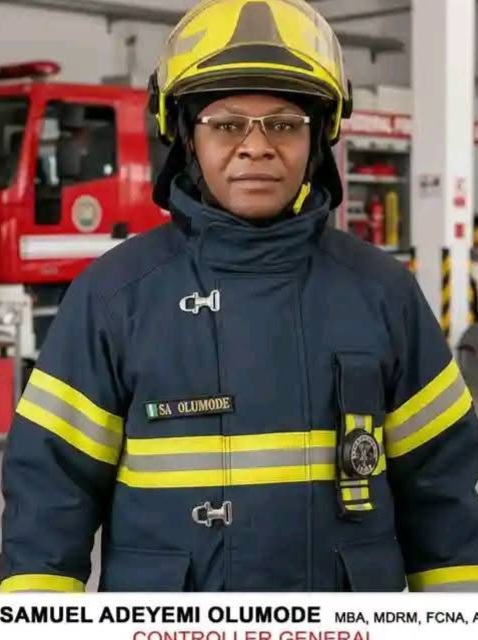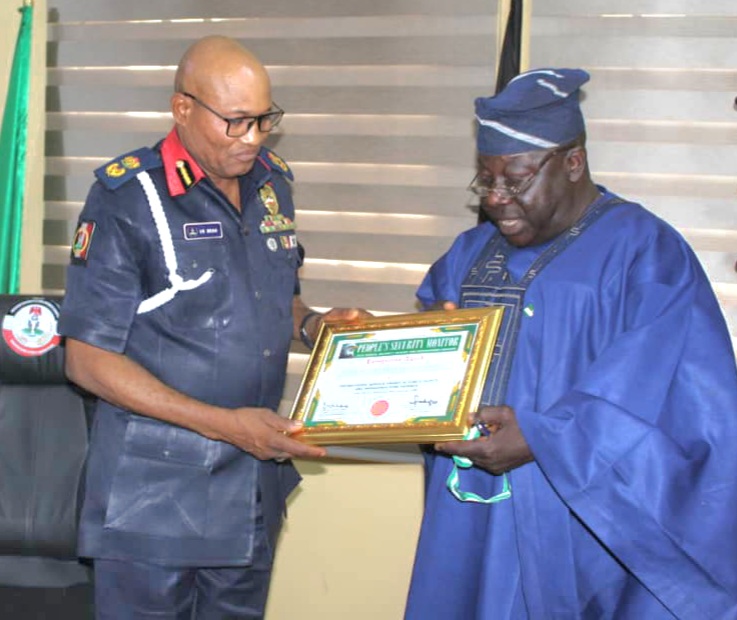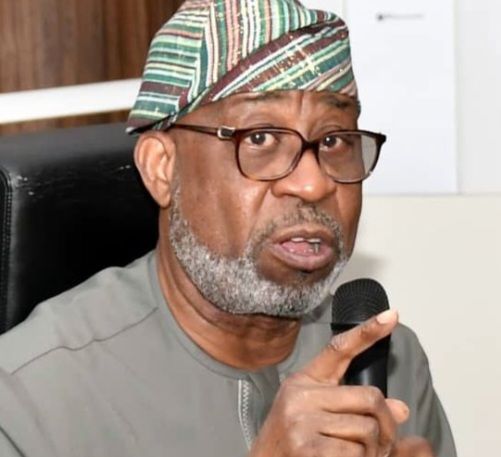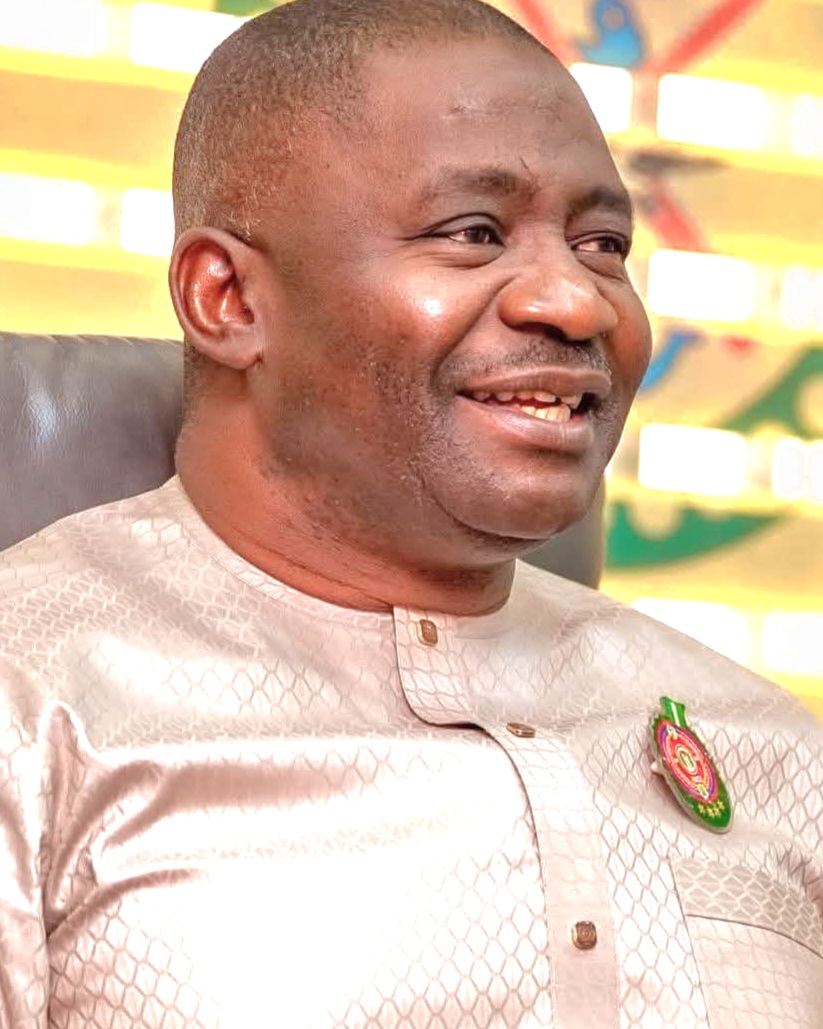
Countries must adapt to changing times and not treat any age-old institution no longer able to effectively perform its basic duty as somehow sacrosanct and immutable. The capacity to rethink, reimagine, and make bold changes is partly what differentiates safe environments from unsafe ones. It is time to ensure policing is brought to the grassroots level and stop the harms being done to communities across Nigeria.
Former Inspector General of Police, Dr Solomon Arase, presented an interesting perspective on the issue of state police during a 25 June address at the Nigeria Bar Association Benin Branch Law Week 2024. Arase rose to the pinnacle of policing in Nigeria. While legitimate questions may be asked about the performance of the Nigeria Police Force (NPF) while he was in office, his views undoubtedly deserve serious attention. It is also intrinsically worthwhile and beneficial for the robustness of the debate to hear from those who have been at the helm of our current policing architecture. The address was posted on one of my alma mater’s WhatsApp groups (the “Afrograms Abeokuta Seniors”) by former Deputy Inspector General of Police, Adeleye Oyebade, who famously chose policing over academia. I am grateful to Dr Tokunbo Sowunmi for drawing my attention to the post.
By way of introduction, I study the police use of force and terrorism. I served as special adviser to the Government of Alberta, Canada on the Police Act Review. Several of my recommendations were passed into law through the Police Amendment Act, 2022. These are some of the most comprehensive set of changes to policing in Alberta and Canada within the last 30 years.
Solomon Arase notes that “the transition to state policing entails complex considerations, including ensuring equitable resource allocation, maintaining national cohesion, and upholding constitutional frameworks, which require careful deliberation and strategic planning to effectively address Nigeria’s multifaceted security challenges.” Nonetheless, he seems reticent about state police.
The notion of a monolithic police service for a country as complex and massive as Nigeria is unreasonable and unfit for purpose. At least some of Nigeria’s security challenges are traceable to this antiquated model of policing. Decentralisation of policing in Nigeria ought to have begun in the 1980s or 1990s at the latest. Those who impeded efforts towards instituting state policing in the 1990s, in particular, did the country a major disservice, wittingly or unwittingly. It is didactic that some of those entities are now putting in place security outfits akin to state police.
Critics of state police often point to the potential for abuse of power. Arase does make a similar argument. That is a possibility but it is not unique to state police or Nigeria. There was a time when some police chiefs in the US were active members of the KKK. Deaths of unarmed civilians in the hands of police still happen in the US to this day. In Canada, three officers from the Lethbridge Police Service conducted illegal surveillance on a member of the Legislative Assembly of Alberta between 2017 and 2018. The police watchdog recommended charges against the officers, although the Alberta Crown Prosecution Service declined to charge them to court. These are real issues in policing in various parts of the world. State police is worth the effort despite its flaws. We need to put in place the right system and allow it to grow to maturity.
There is a need to regularly assess how institutions are performing: whether they meet current or potential challenges and what changes may be necessary for effective service delivery. The tendency to take things as given and uncritically continue to deploy obsolete equipment and methodologies is a remarkably consistent feature of our system in Nigeria. We need to change that.
Arase mentions Canada in his comment. I am quite familiar with the Canadian context. I am privileged to be one of the most recognised public intellectuals on the public safety discourse and policy in Canada. Canada uses a hybrid approach. Several cities have their own police services; some provinces also have theirs, while the RCMP (the Royal Canadian Mounted Police) is the federal police. The RCMP engages in contract policing on behalf of several municipalities through cost-share agreements among multiple tiers of government. For example, smaller, rural areas often utilise the RCMP, while many cities have their own police services.
Dominic LeBlanc, Canada’s public safety minister, was quoted in a CBC report in June 2024 indicating that the government intends to ‘make federal policing “separate and distinct” from the RCMP’s boots-on-the-ground policing obligations in the provinces and territories.’ The stance of the government is that the federal police mandate (terrorism, organised crime, espionage, etc.) is being neglected because of the demands of contract (i.e. mundane issues) policing. The head of the RCMP, Commissioner Mike Duheme, has responded that “If I had a magic wand, I’d want it in place by tomorrow.”
More cities are setting up police services. For example, after some legal entanglements and political theatre, Surrey, one of the largest cities in British Columbia (the third most populous province in Canada), will have a ‘change of command’ from the RCMP to the newly formed Surrey Police Service on 29 November. In Alberta, the Grande Prairie Police Service was established by City Council in 2023 and formally took off in April. There is a Police Act in each of those provinces to guide the activities of their respective police services. All of the laws at the municipal and provincial levels must also conform to federal laws and the Canadian Charter of Rights and Freedoms. This is federalism at work for solving real problems.
There is a need to regularly assess how institutions are performing: whether they meet current or potential challenges and what changes may be necessary for effective service delivery. The tendency to take things as given and uncritically continue to deploy obsolete equipment and methodologies is a remarkably consistent feature of our system in Nigeria. We need to change that.
We all agree that the Nigeria Police Force is a colonial creation with all the problems that entails. Nonetheless, the real issue is that it no longer meets the security challenges of today.
There is already an expanding backdoor to state police in Nigeria. Daily Trust estimates that 23 states have security organisations. We should be worried about the lack of a proper framework for these organisations and their overall limited efficiency. Such outfits cannot function well without a sound socio-legal framework, beginning with an Act of the National Assembly…
Former IGP Solomon Arase appears to favour a recommendation by the Dan Madami Presidential Committee on Police Reforms to utilise the existing NPF structure, with some more latitude at a regional level. The idea is genuinely creative but is unlikely to provide the kind of solution Nigeria requires, given the level of insecurity in the country. If implemented, some of those Deputy Inspectors-General (DIGs) in charge of geo-political zones may be frustrated by the bottleneck and a self-preserving status quo.
There is already an expanding backdoor to state police in Nigeria. Daily Trust estimates that 23 states have security organisations. We should be worried about the lack of a proper framework for these organisations and their overall limited efficiency. Such outfits cannot function well without a sound socio-legal framework, beginning with an Act of the National Assembly, standardised training and entry requirements, and mechanisms for collaboration with federal and other state law enforcement organisations.
Part of my remit as special adviser to the Government of Alberta was to examine Canada’s peer countries, such as Norway, New Zealand, Germany, Finland, Sweden, etc. to see what lessons we might glean from them. We realised there were countries that had better outcomes in terms of the use of force, civilian fatalities in encounters with police and deaths of officers in the line of duty.
Countries must adapt to changing times and not treat any age-old institution no longer able to effectively perform its basic duty as somehow sacrosanct and immutable. The capacity to rethink, reimagine, and make bold changes is partly what differentiates safe environments from unsafe ones. It is time to ensure policing is brought to the grassroots level and stop the harms being done to communities across Nigeria.
‘Tope Oriola is professor of Criminology at the University of Alberta and 2023 recipient of the Gerald L. Gall Award for ‘excellence in the protection and promotion of human rights in Canada through legislative change.’





